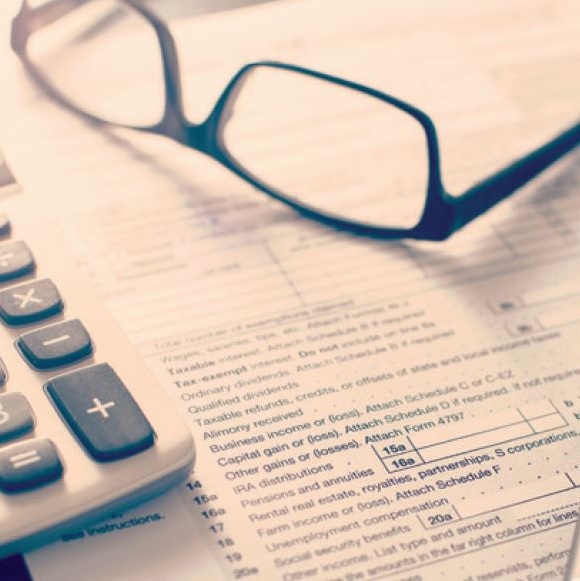
 Juan Yañez, Thomas Greg & Sons de Colombia, and newly appointed Chair of the International Tax Stamp Association (ITSA) explains the role and responsibilities of the newly created organisation.
Juan Yañez, Thomas Greg & Sons de Colombia, and newly appointed Chair of the International Tax Stamp Association (ITSA) explains the role and responsibilities of the newly created organisation.
Over recent years a range of fiscal, socio-economic and anti-counterfeiting factors have led to the proliferation of excise tax stamp programmes around the world.
The focus of these efforts has been the development and deployment of innovative tax stamp technologies and systems capable of increasing government revenues and, at the same time in many cases, provide effective barriers to counterfeit products and illicit trade.
In many respects tax stamps have a unique role. Their original and primary role remains as an excise security issued by the government, treasury or finance ministry of a country or state to confirm that duty on ‘excisable’ goods has been paid by the manufacturer and/or consumer.
However, the modern tax stamp is also being increasingly used to curb illegal trade in products for which an excise duty is payable, thereby helping to avoid money laundering.
It does this by incorporating ‘track and trace’ elements and by providing a mark of verification or authenticity, not only to demonstrate that the product itself is genuine but also that the trade channels used in its distribution are legitimate. Also, by being positioned over the opening of a tobacco package or alcohol bottle, tax stamps can also act as an anti-tampering/anti-reuse seal.
A global industry
Among this myriad of roles and applications for tax stamps, the global challenges are continually growing. For example, the deteriorating global economic environment means that the effective enforcement of excise duty rules to maximise the recovery of tax revenues has become critical for governments to enable them to finance national spending plans.
At the same time, the introduction of a global marketplace and international brands has encouraged counterfeiting to become one of the fastest growing economic crimes of modern times. In particular, high value goods on which excise duties should be paid are a particular target, with the ever increasing illicit trade in tobacco and wines and spirits costing manufacturers and national treasuries huge sums of lost revenue each year…Click HERE to find out more about this article





